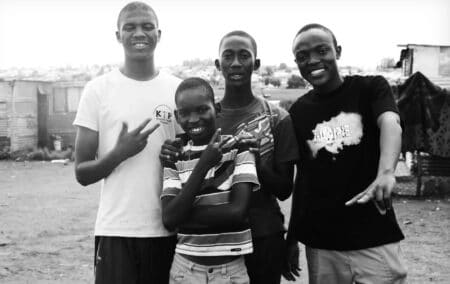Rather than funding a basic income grant (BIG), money should be invested in giving work to young black South Africans, says the new finance minister, Enoch Godongwana, according to the Sunday Times.
In an interview, Godongwana said: ‘We can’t condemn young people to a cycle of dependence, particularly because these are young black kids.’
He said merely opting for BIG creates dependency and does not address fundamental issues affecting youth unemployment. He decried people ‘who think that every kid or black person must be kept in perpetual dependence through grants’.
‘What we need to do is invest in skilling these kids, and obviously they will have some cash which will be a stipend or per diem. And in addition let’s get them better development of skills,’ he was quoted as saying.
The Sunday Times notes that Godongwana’s views of a BIG comes in the same week that social development minister Lindiwe Zulu was reported to have said the current R350 social relief of distress grant should pave the way for the introduction of a BIG.
In the interview, Godongwana also addressed the controversy over his being paid R1.5m by the company, Canyon Springs, over a period of two years. Godongwana resigned as deputy minister of public enterprises when it emerged that R100m belonging to the South African Clothing and Textile Workers Union was paid to Canyon Springs, which was partly owned by Godongwana and his wife, and then invested in a friend’s company that later went bust.
Godongwana was cleared by criminal and liquidation inquiries, and, in 2017, he reached a settlement with the union and paid back the R1.5m.
Godongwana told the Sunday Times: ‘I did the honourable thing at the time and resigned from the government, not because I was guilty [but] in order to protect the office. That’s what an ethical person does. I then went through the exercise of dealing with this matter, both from a criminal and civil perspective. On the basis of my submission on the criminal one there were no charges preferred. “On the civil matter there was no substantial evidence against me other than the fact that I also benefited in the form of a small amount, which I paid back.’
[Image: https://pxhere.com/en/photo/657696]

